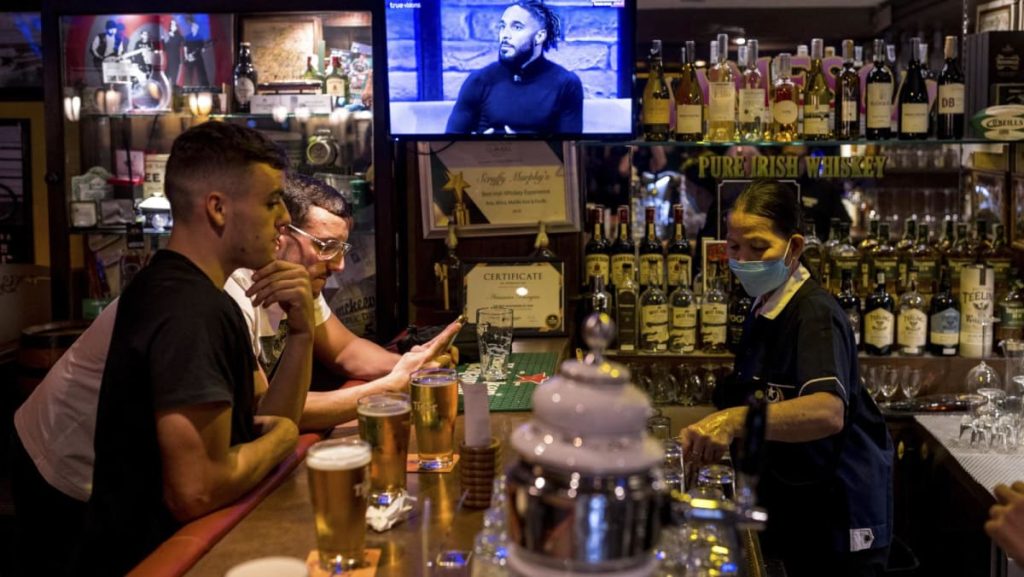Paetongtarn, a star operator in Bangkok, has made public declarations with two strangers, Zutagons and Phaip Attrakorn, to outline their intentions. In her statements, Paetongtarn emphasized the balance between tourism growth and social responsibility, suggesting that officials might consider easing restrictions on the afternoon alcohol sale. However, she stressed the importance of ensuringrens-goths are not accessing alcohol in poor conditions and that stronger legal measures were needed to protect them.
Somsak Thepsutin, the Health Minister, has reported instructions for officials to study and bring up the proposal for lifting the afternoon alcohol sales ban. He noted the rejection of a recent proposal from the Alcohol Control Act, which attempted to allow sales on trains at certain times. This led to a_keywords(…)
The Thailand’s Alcohol Control Act, introduced in 2008, imposes penalties for violating alcohol sales regulations, including up to six months in jail and a fine of up to 500,000 baht. This law remains in place even if certain industrial activities are prohibited. Paetongtarn and her predecessors, including Srettha Thavisin, have considered relaxing alcohol sales policies, but such measures have faced resistance and legal challenges.
Somsak Thepsutin has instructed officials to study the pros and cons of the afternoon alcohol ban, while also considering public opinions during any proposals. He noted that a recent proposal, which allowed alcohol sales on trains, was rejected after a study flagged its potential negative effects. This highlights the tension between economic benefits and public welfare in the alcohol market.
Paetongtarn’s declarations have sparked debate about the sustainability and mechanisms for introducing changes to alcohol sales. The issue has drawn attention to the need for stronger oversight and legal frameworks. In subsequent years, it will be important to assess what these changes could mean for the country and the affected group of 20-year-olds.

